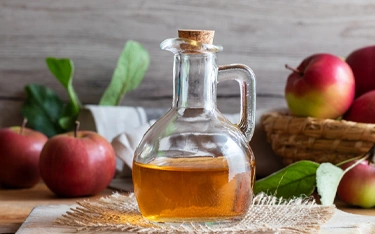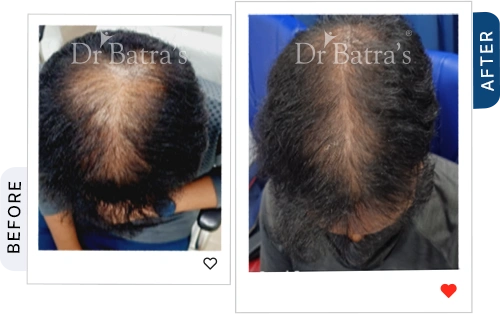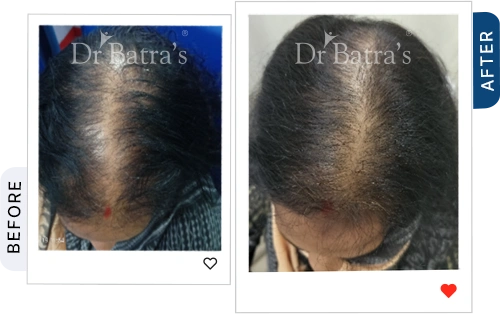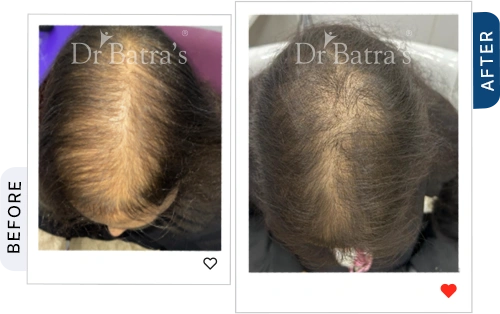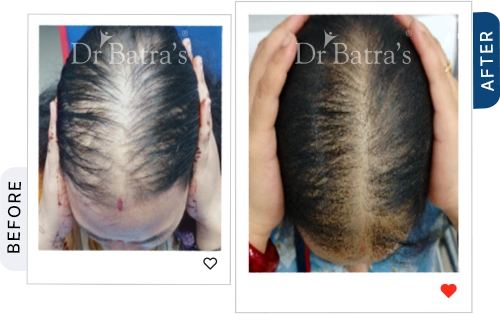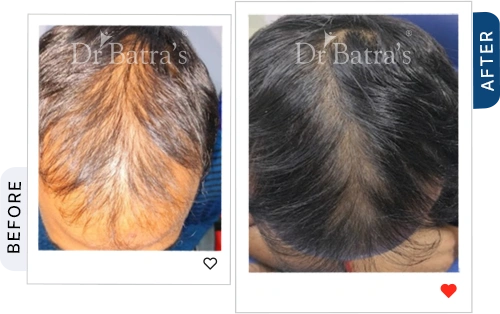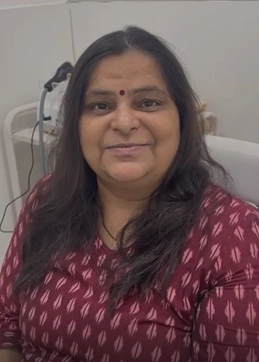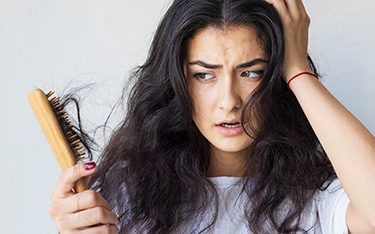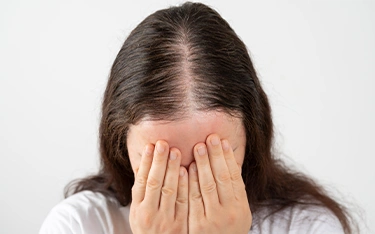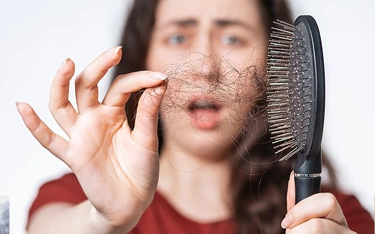Apple cider vinegar (ACV) has gained popularity as a natural remedy for hair fall and scalp health. Packed with acetic acid, vitamins, and minerals, ACV is believed to balance scalp pH, reduce buildup, and promote stronger, shinier hair. But does it really work for hair fall?
In this blog, we’ll explore:
- How apple cider vinegar benefits hair health
- Potential risks and side effects
- How to use ACV for hair care
- Alternative natural remedies and when to seek professional help
Everything You Need to Know About Apple Cider Vinegar
What Is Apple Cider Vinegar?
Apple cider vinegar is made through the fermentation of apples, creating a liquid rich in organic acids, probiotics, and enzymes.
Key Benefits of ACV for Hair Health:
- Balancing Scalp pH: ACV helps maintain the natural pH of the scalp, reducing dryness and flakiness.
- Removing Product Buildup: Cleanses the scalp by eliminating excess oil, dead skin, and residue.
- Enhancing Hair Shine: Smoothens the cuticle, making hair appear glossy and healthy.
- Antimicrobial Properties: ACV’s antibacterial and antifungal properties help fight scalp infections and dandruff.
Can Apple Cider Vinegar Prevent Hair Fall?
While ACV provides several scalp benefits, scientific evidence on its role in preventing hair fall is limited.
Examining the Evidence
- ACV improves scalp health, which can indirectly reduce hair fall.
- It removes excess sebum and toxins, preventing clogged hair follicles.
- However, ACV does not stimulate hair regrowth like medical treatments or homeopathy.
Expert Opinions
- Trichologists recommend ACV as a scalp treatment but not as a standalone hair fall solution.
- Combining ACV with other natural remedies and homeopathic treatments may yield better results.
Doctor’s pro tip:
Apple cider vinegar can support scalp health, but it’s not a standalone solution for hair fall. Combine it with a nutrient-rich diet, gentle hair care, and proven treatments like homeopathy for long-term results." – Dr. Akshay Batra
How to Use Apple Cider Vinegar for Hair Care
Here are some easy ways to use ACV for hair health:
ACV Hair Rinse
A simple rinse to remove buildup and balance pH.
Ingredients:
Directions:
- Mix ACV and water in a spray bottle.
- After shampooing, pour or spray the mixture onto your scalp.
- Let it sit for 5-10 minutes, then rinse thoroughly with cool water.
Rosemary Essential Oil & ACV Treatment
Combining ACV with rosemary oil promotes scalp circulation and hair strength.
Ingredients:
- 1 cup water
- ¼ cup ACV
- 5-7 drops rosemary essential oil
Directions:
- Mix all ingredients and massage into the scalp.
- Cover with a shower cap for 15 minutes, then rinse.
Jojoba Oil, Peppermint Oil & ACV Shampoo
A DIY shampoo that removes toxins and nourishes hair.
Ingredients:
- 1 cup rosemary-infused water
- ¼ cup ACV
- 10 drops peppermint oil
- ¼ cup jojoba oil
Directions:
- Mix all ingredients in a bottle.
- Use as a shampoo, massaging into scalp for 3-5 minutes, then rinse.
